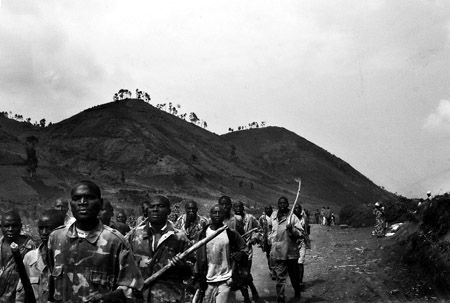

Northern Africa
Morocco, Tunisia, and Egypt are regions of divergence in Africa. Morocco, the home of the Berbers, had always felt the chronic clashes between the Arabs and the Berbers. Unity only came with the arrival of the Spanish and the Portuguese, who began colonizing Morocco. However, the greatest problems began to arise in 1975, when Spain agreed to withdraw from Western Sahara leaving its former colony to the greed of the Moroccan and Mauritanian troops. The fight for those land claims still continues today.
Tunisia, a long-time French colony, began its fight for independence in 1952. After four years of strenuous wars, Tunisia became an independent state in 1956 land Habib Bourguiba became its first president. Still, peace could not be attained as the French forces residing in Algeria clashed with Tunisian troops in 1957. These clashes occurred sporadically until Algeria won its own independence in 1962. From then on, Tunisia has been involved in spreading peace in Africa and throughout the Middle East. It has learned from its past mistakes and has taken significant values to heart.
Egypt is a region of serious turmoil. Since the 1930s, many militant factions have tried to end the secular government and instead have an Islamic state under Sharia law. There has been a great rise in armed groups, all which use terrorism to reach their goal of overthrowing the secular Egyptian government. Heat has also been coming from the Gaza strip. Bordered by both Egypt and Israel, the Gaza strip has been the cause of numerous clashes between these two countries. Over the past few years, Egypt has had less blood shed, but the problems are still there to be solved.